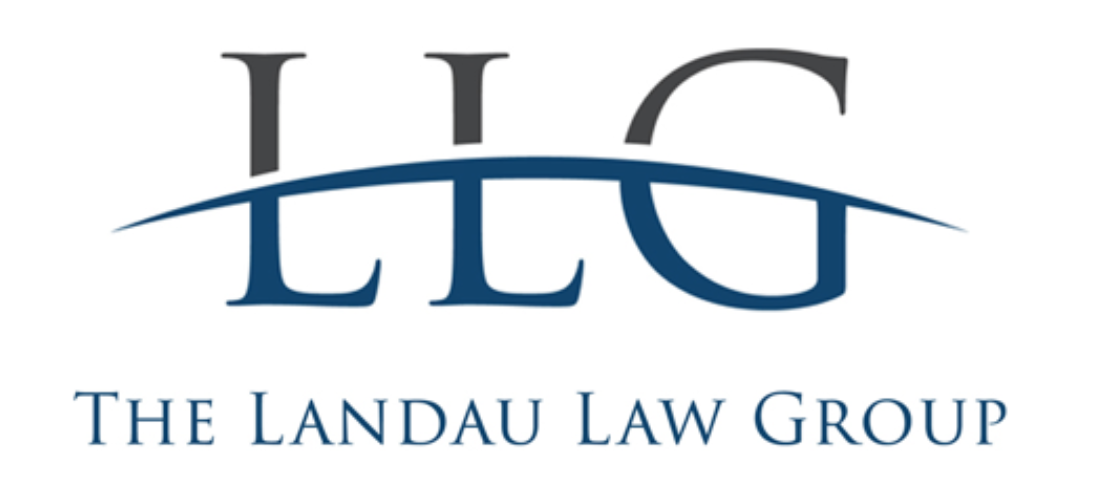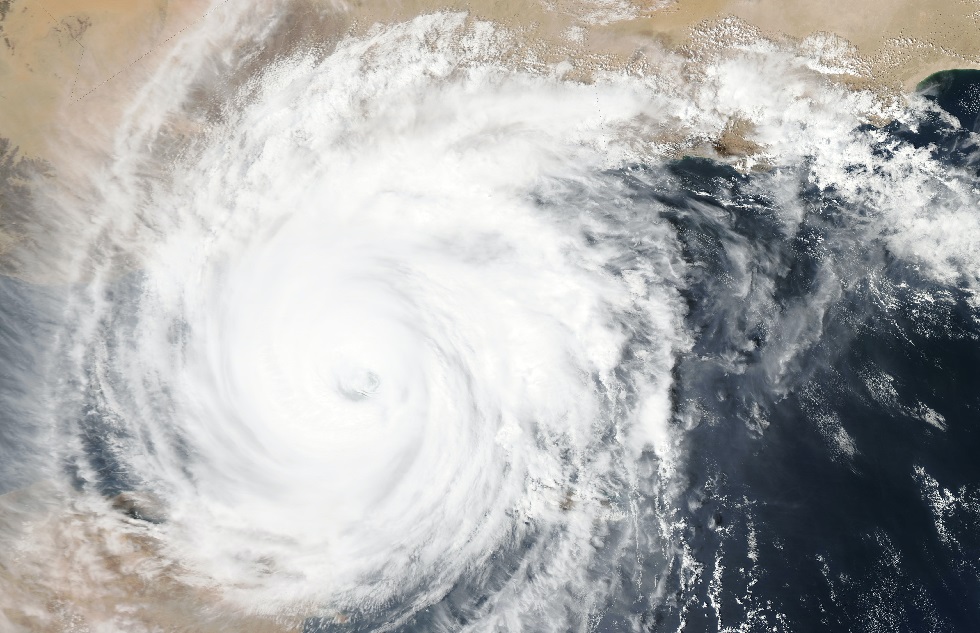In Florida, hurricane damage to your home is not unusual after a storm passes through. You may be lucky enough to only have a little damage, or you may have extensive house damage after a storm. Whatever the extent of damage to your home, it is important that you keep yourself and your family safe after the storm passes through.
What To Do After The Hurricane Passes
Knowing what to do after a hurricane passes through your area is an essential part of living in a hurricane state. There are certain precautions that you should always take to ensure your own safety.
Avoid Flood Waters
It is not unusual for flooding to occur after a storm. Coastal areas are subject to high storm surges, and inland areas can quickly flood from excessive rain. It is important not to enter any area that is flooded until it is deemed safe by the authorities.
Flood water can move very quickly, creating an undertow. This can pull people off of their feet and even make vehicles lose control Cars can also stall from being exposed to excessive water, leaving you stranded in the flooded area.
Flood waters also can be contaminated. Depending on what the flood waters have interacted with, you could have chemicals, human and animal waste, and other dangerous items in the water.
If you come into contact with any flood water, make sure that you clean all areas exposed with soap and water or an alcohol-based wipe as soon as possible.
Avoid Power Lines
Electrocution is one of the most common injuries to happen after a tropical storm or hurricane passes through an area. If there are wires down, do not go into the area at all.
Use Bug Spray
There will be a significant amount of mosquitos and other pests in the area after a storm. Make sure to protect yourself by using a bug repellent with DEET or picaridin as its main ingredient. Wear long-sleeved shirts and pants to make sure you protect your skin from bug bites.
Hurricane Damage To House
If you have hurricane house damage, you are encouraged to do the following:
- Take pictures of the outside of the home immediately before you move anything.
- Do not enter the structure if it is badly damaged.
- If you can enter the home, take pictures of everything before touching or moving items
- Do not turn on any appliances that have been plugged in during the storm or are wet. This can lead to electrocution or fire.
- Dispose of all fresh foods that have been in the home. Take pictures and document what you have thrown out.
- Only turn on the power to the entire home if it has been deemed safe.
- If there is extensive water damage, consider calling a water removal company so that you can have the water removed professionally to avoid mold infestations.
- Cover any open areas to prevent further damage to the home.
- Begin the homeowner’s insurance claim for your losses.
What Happens After A Hurricane Insurance Claim Is Made?
Florida Statutes Section 627.70131 requires insurance companies to acknowledge a claim within 14 days of it being filed with the company. The insurance company also has 90 days from receipt of the claim to either process or deny the claim.
After a hurricane, it will be in your best interest to file a claim as soon as possible after the storm. Why? Because there will be hundreds, if not thousands, of other homeowners filing a claim as well. You want to make sure that your claim is among the first to be received so that you can secure as much compensation as possible.
It will also be in your best interest to speak with a hurricane insurance claim attorney about your claim. Having an attorney manga your claim ensures that the insurance company treats you fairly and you get the most for your claim. If your home was damaged by a hurricane, the attorneys at Landau Law can help you with your claim. Contact us today for a free case consultation.
Florida Property Damage Lawyers
Hurricane Damage Blog Posts
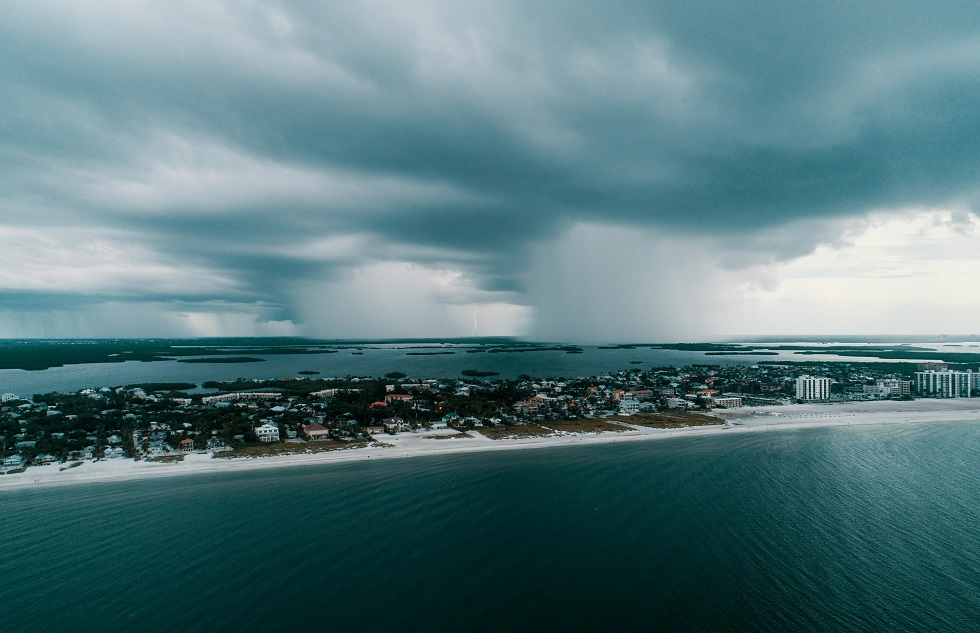
Why Does Florida Have So Many Hurricanes?
Florida is renowned for its beautiful beaches, vibrant culture, and, unfortunately, its frequent encounters with hurricanes. The state's unique geographical location and climate conditions make it particularly vulnerable to these powerful storms. Florida's position on...
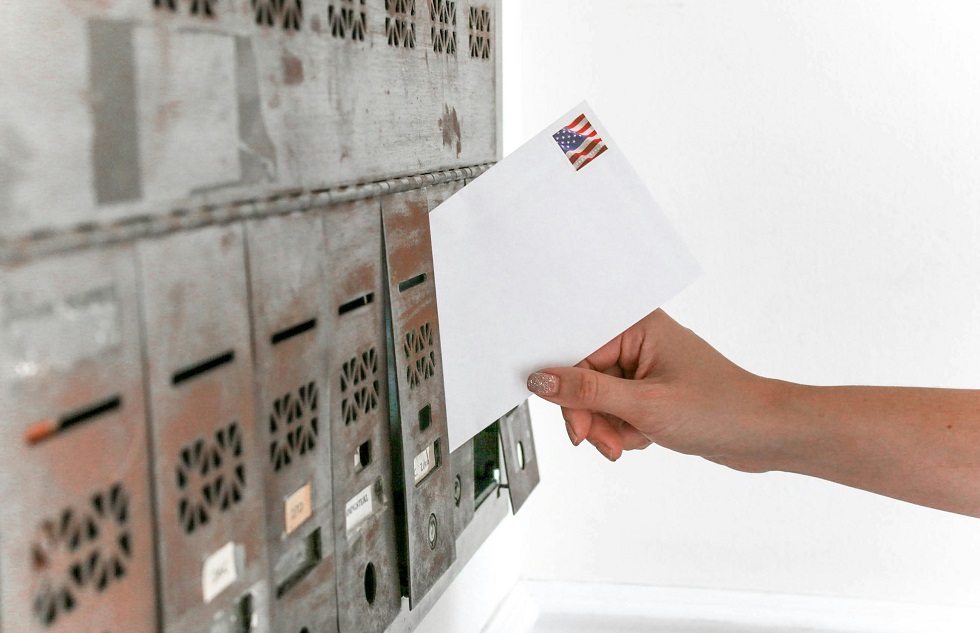
What To Do If You’re Denied Hurricane Damage Claim For Home
Hurricane damage can be devastating for Florida homeowners, leaving them in a state of distress and financial uncertainty. When insurance claims for such damage are denied, it adds another layer of stress to an already difficult situation. Facing a denied claim...
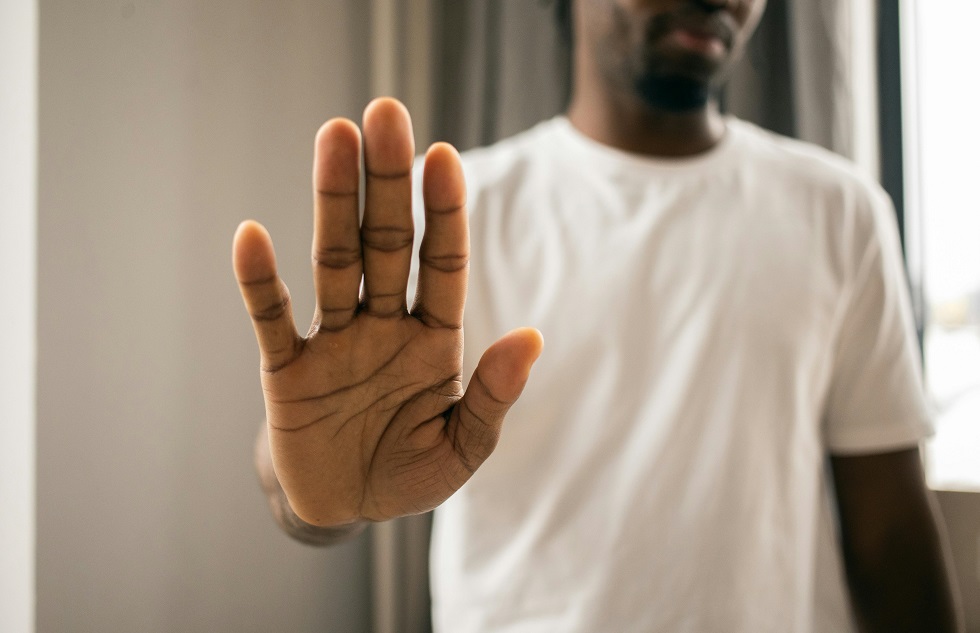
Common Reasons Your Florida Hurricane Damage Insurance Claim May Be Denied
Florida homeowners face a daunting challenge when their hurricane damage insurance claims are denied. Understanding the common reasons for these denials can help you navigate the claims process more effectively. Insurance companies may deny claims due to inadequate...
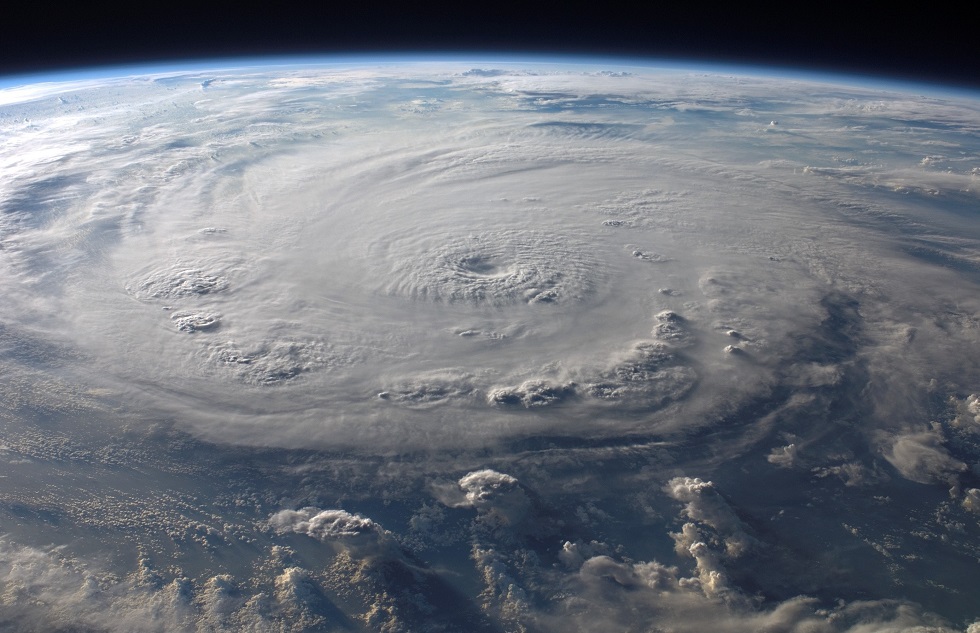
Before and After a Storm Hits: What You Need To Know
Property Insurance laws have changed and so has the language in most policies. Make sure you’re prepared before the next storm hits. Understanding how the law changes will impact you and knowing what your policy actually covers (and doesn’t) is critical. That’s why...
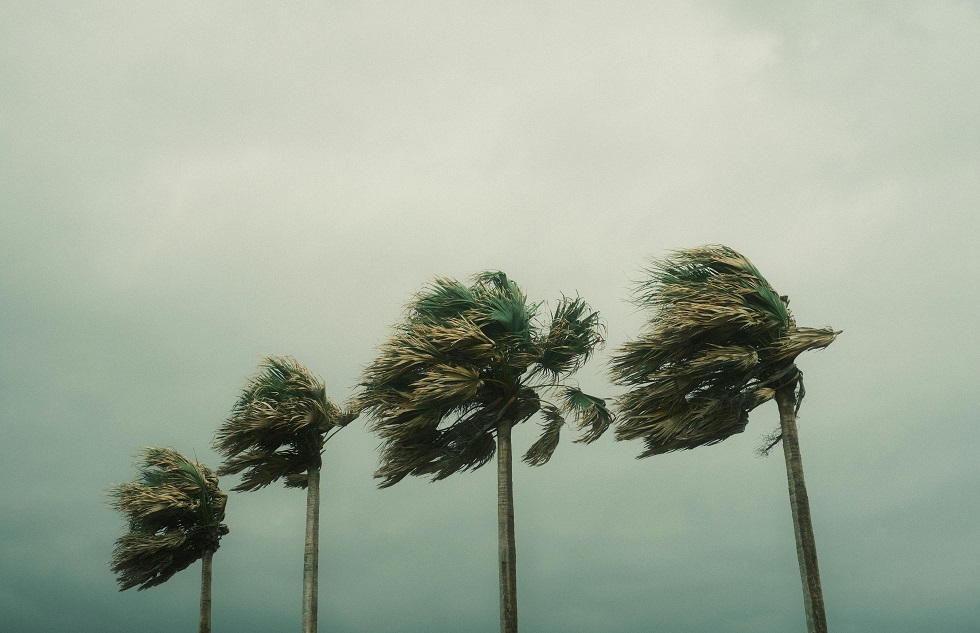
What Does Hurricane Insurance Cover in Florida?
As Floridians, we understand the unique challenges that come with living in a hurricane-prone area. Hurricane insurance in Florida typically covers damage to our homes and personal property caused by hurricanes, including wind damage and, in some cases, flooding. It's...
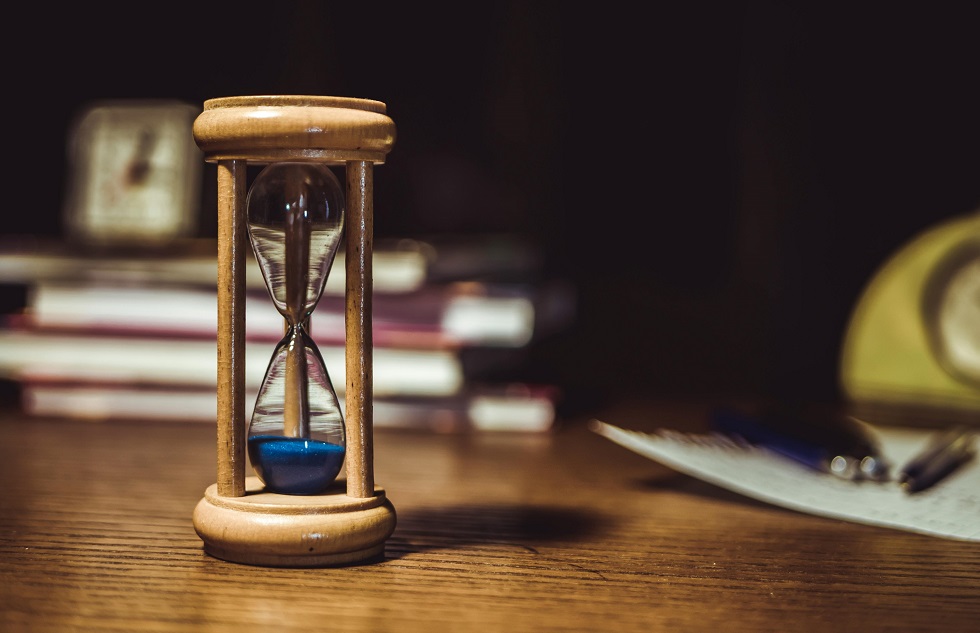
How Long Does an Insurance Company Have to Settle a Hurricane Claim in Florida?
When it comes to hurricane damage in Florida, insurance claims are a common occurrence. However, many people are left wondering how long it takes for an insurance company to settle a hurricane claim. The answer to this question is not always straightforward, as it can...
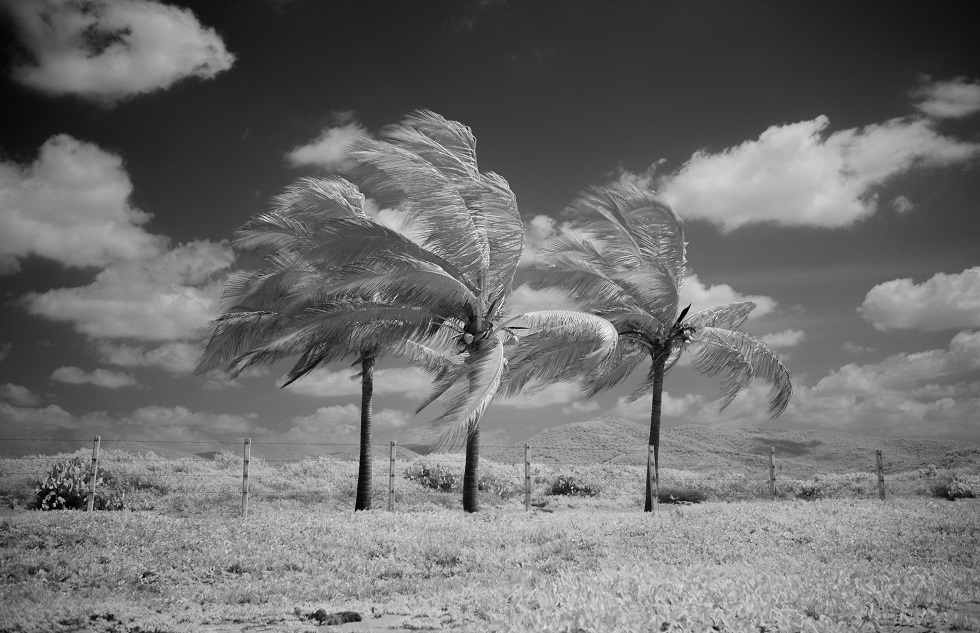
How to File a Hurricane Insurance Claim in Florida
Filing an insurance claim after a hurricane can be a daunting task, especially if you're a Florida resident. With the increasing frequency of hurricanes in Florida, homeowners need to know how to file a hurricane insurance claim effectively. In this blog post, we will...
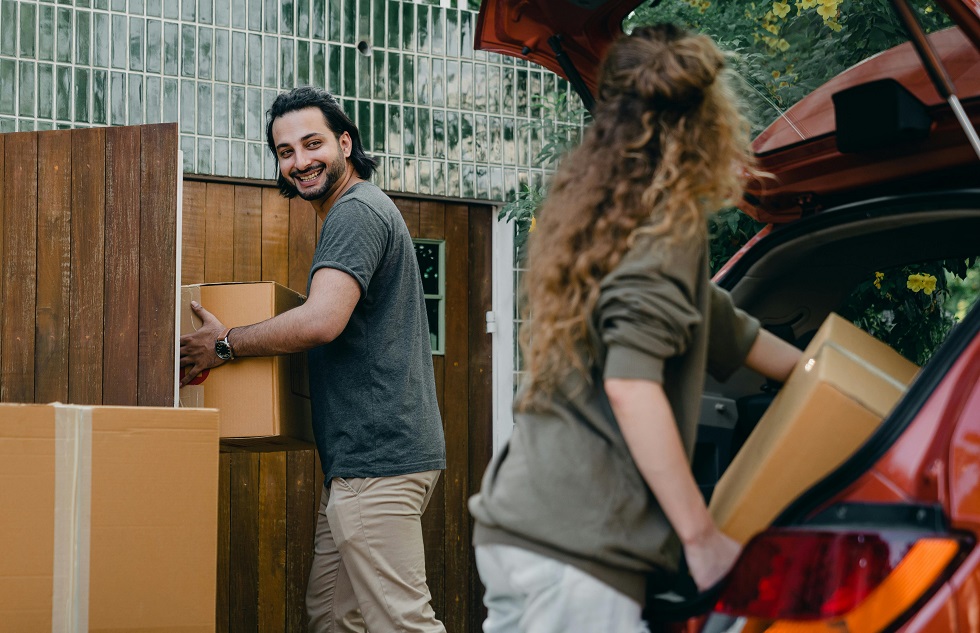
Renters Insurance For Florida Hurricane Coverage
Learn about the ways that renters insurance can help protect you after hurricane damage Renters insurance is a type of insurance policy that covers the personal property and liability of a renter. It can provide peace of mind in the event of a disaster, such as a...



